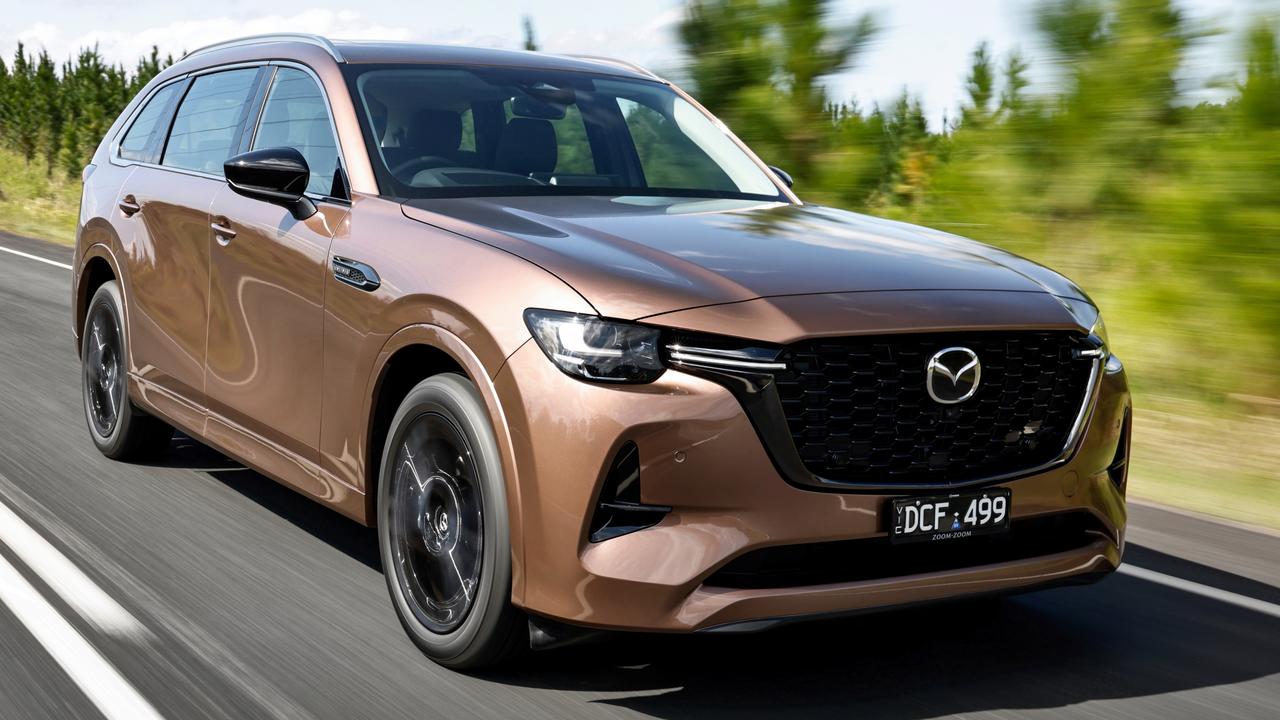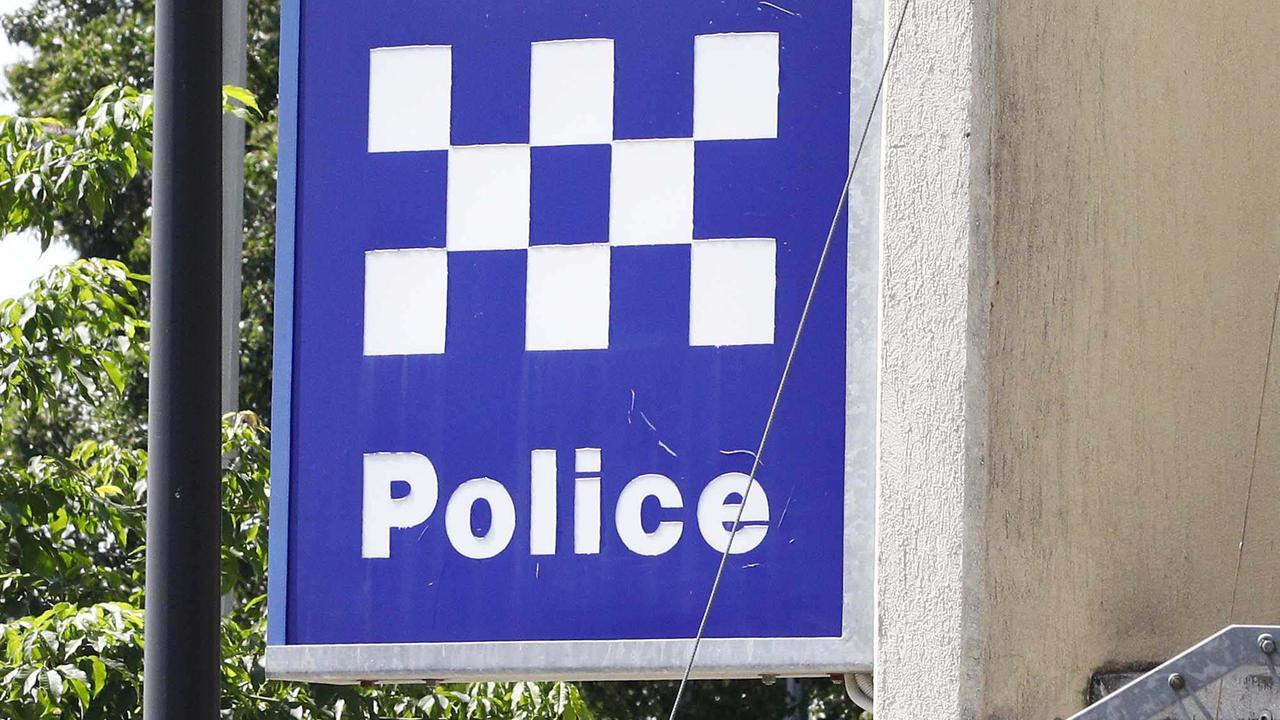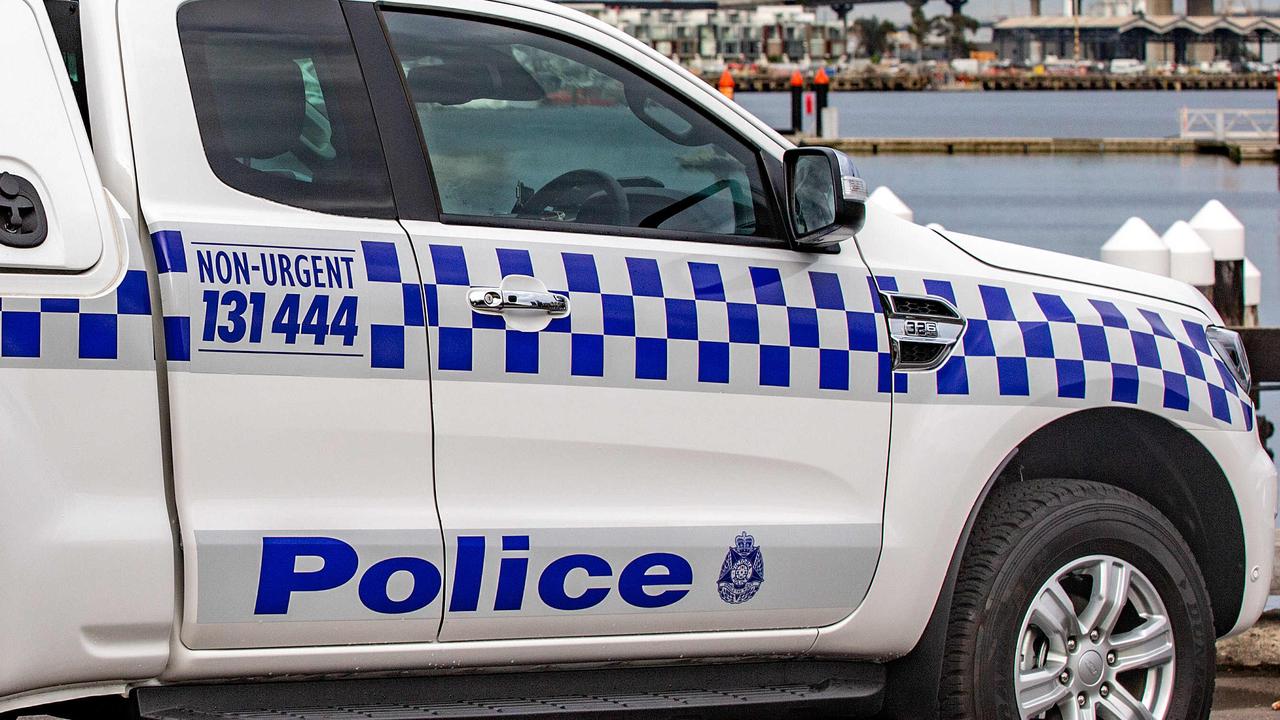NSW to trial glow-in-the-dark road markings
Millions of motorists could soon be seeing a surprising new feature on one state’s roads after a spate of near misses on a dangerous turn.
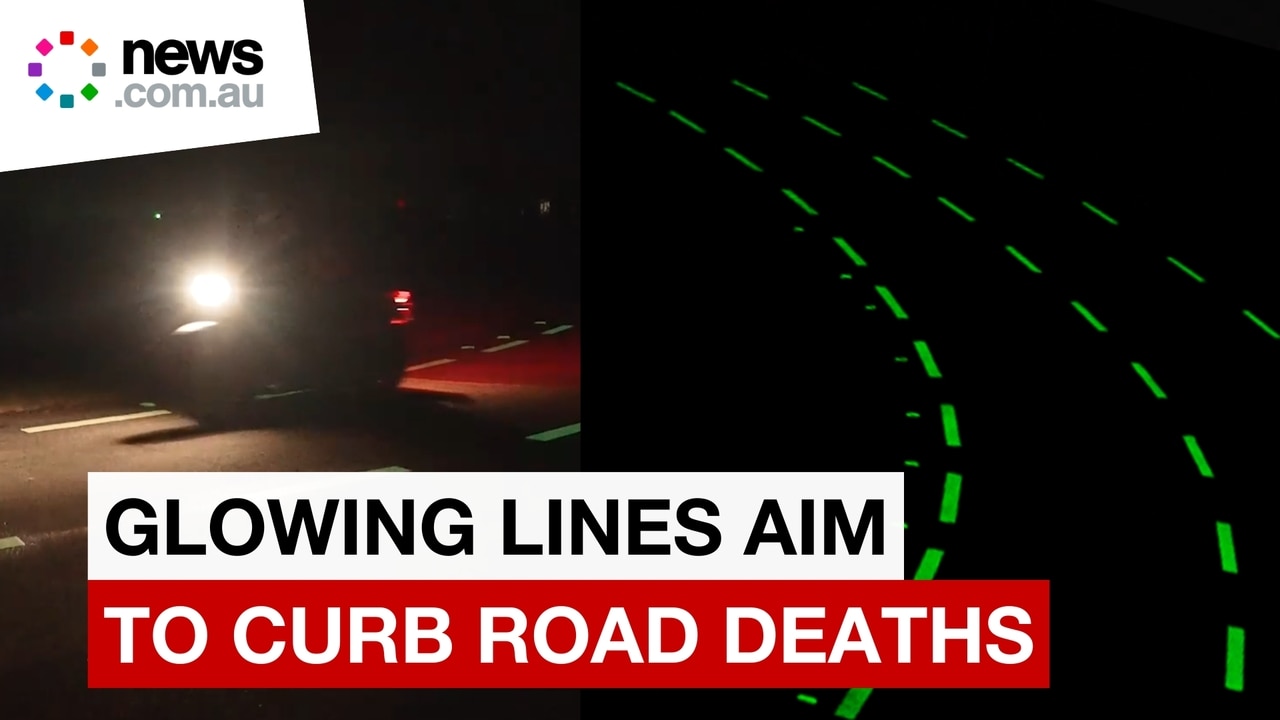
Motorists could soon be seeing a new feature on the NSW roads — glow-in-the-dark line markings.
The state government this week will install glow-in-the-dark markings on Bulli Pass, south of Sydney, for a trial ahead of a potential wider rollout.
Similar to glow-in-the-dark children’s toys and stickers, photoluminescent painted markings absorb and store sunlight during the day and glow at night, helping drivers better see line markings and the shape of the road ahead in locations where street lighting is not practical.
The hairpin turn on Bulli Pass has been selected for the first trial after a spike in near misses at night.
The steep descent, which is heavily used by large trucks and motorcycles, recorded 125 incidents between 9pm and 4am in the year to June 30.
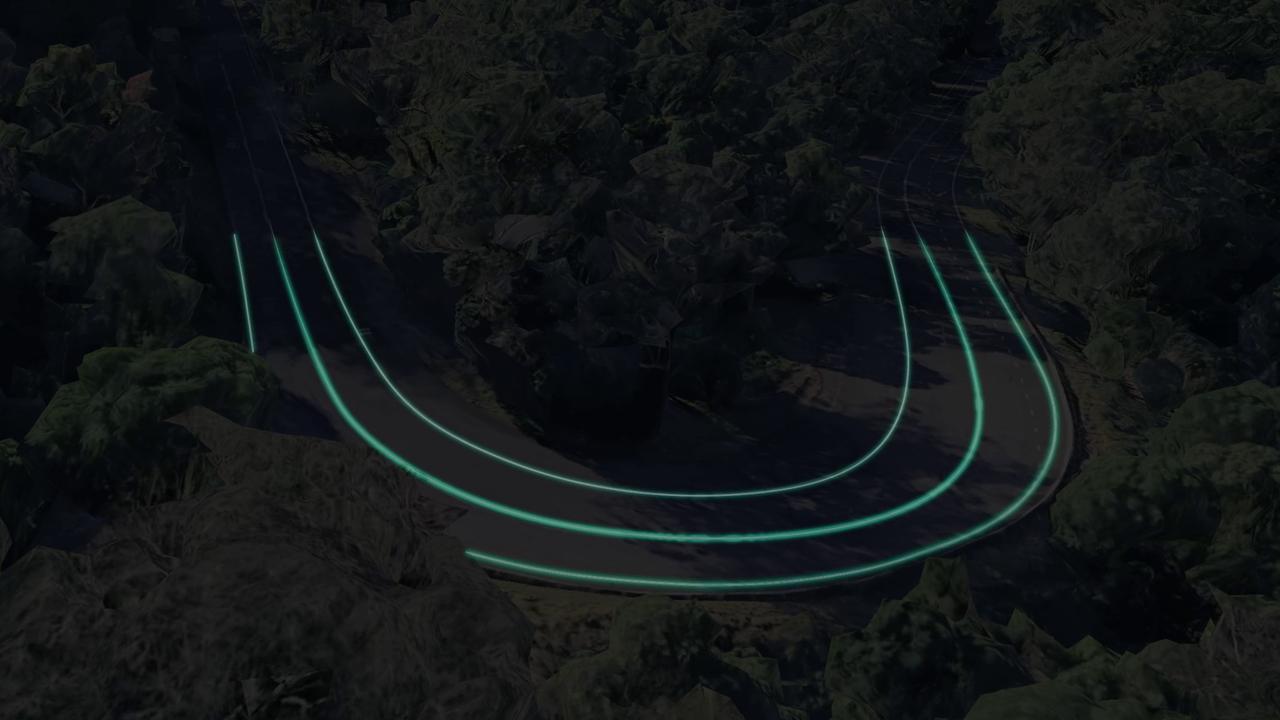
“Bulli Pass has had a rising number of near misses — particularly at night — so using Glow Roads to improve driving conditions will help the thousands of motorists who rely on this busy route,” NSW Roads Minister John Graham said in a statement on Sunday.
“Being able to see the shape of the road ahead is critical to safe driving and that’s what Glow Roads do. Data shows around a third of fatal crashes in NSW happen at night. If this trial is deemed a success, we will look at its application on other locations with a history of crashes or near-misses where better visibility is needed.”
The trial will run for six months, after which data and customer feedback will be reviewed to determine whether to extend the trial or extend the technology to other parts of the state.
“Glow Roads is an exciting new alternative for areas where street lighting may not be practical — many of our regional and rural roads face this challenge,” Regional Transport and Roads Minister Jenny Aitchison said.
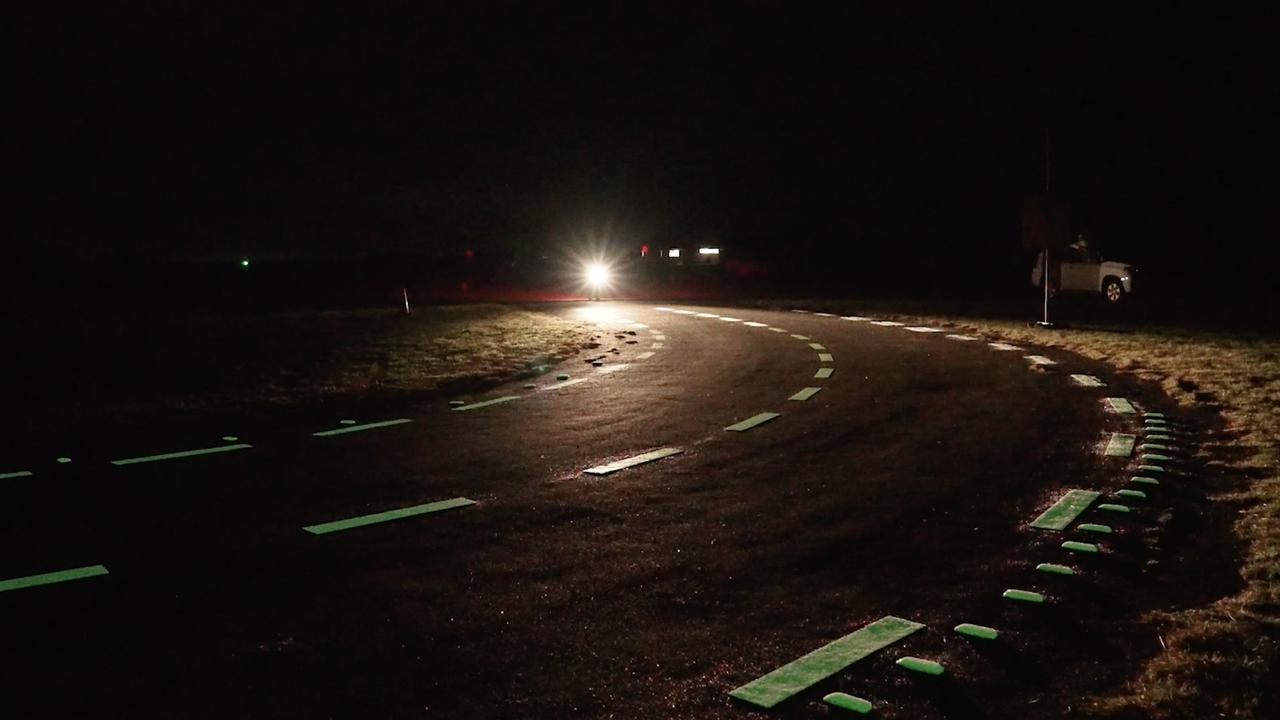
“Locals know this road — and others like it across the state — can have visibility plummet in seconds when fog or a storm rolls in, and I’m excited to see how this innovation performs in those conditions, too. This initiative offers an energy-efficient and environmentally friendly solution on regional roads with limited or non-existent street lighting.”
NSW Transport conducted rigorous testing at its Future Mobility Testing and Research Centre in Cudal to ensure the glow-in-the-dark markings were suitable for all Australian conditions.
A car, truck, motorbike and bicycle were put through their paces navigating the course, and skid testing was also undertaken to ensure ‘glow roads’ have the same level of slip resistance as current line markings.
“The Glow Roads is the brainchild of one of our transformation teams here at Transport who — trying to find a solution to boost safety at remote or isolated sites — pitched the idea at an in-house innovation challenge,” Transport for NSW Secretary Josh Murray said.
“Improving road safety is a massive priority for everyone across at Transport — so we jumped on the opportunity to put this bright idea to the test.”
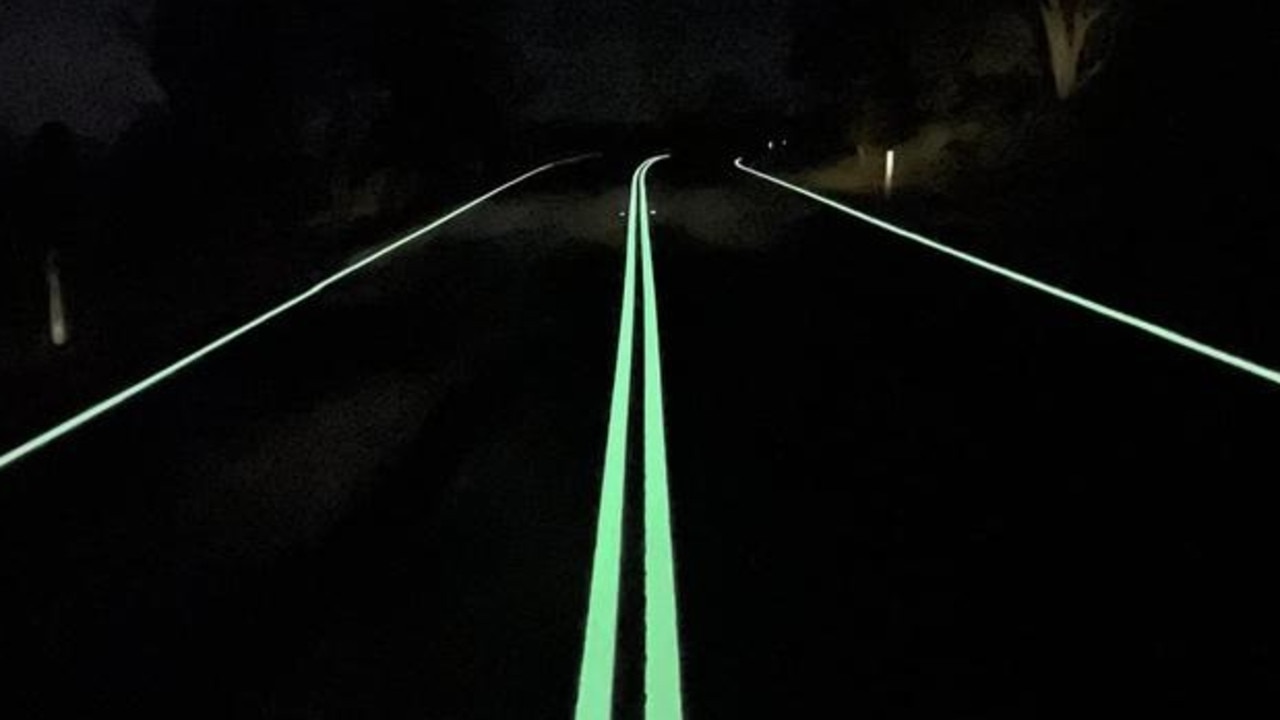
Victoria tested similar glow-in-the-dark markings in 2022 but ultimately did not move foward with a broader rollout.
Five rural roads, including a one-kilometre stretch of Metong Road in Victoria’s southeast, were illuminated under the trial, conducted by Gippsland company Tarmac Linemarking in collaboration with OmniGrip and VicRoads.
Tarmac Linemarking’s John Emanuelli said at the time he had been swamped by businesses and councils looking to have their paths illuminated.
“There’s been a lot of interest since the trial run, it’s a great product,” he said.
Photos from the Victorian test run went viral after being shared on Reddit.
“This feels like Tron and I’m for it,” one user wrote.
An indepdendent evaluation of the trial conducted for Victoria’s Department of Transport and Planning concluded there were insufficient road safety benefits to justify rolling out photoluminescent line markings on more roads.
Unlike NSW’s trial, however, Victoria’s did not include very low-speed environments such as tight curves on high-speed roads.




